Rodemann, Jansen, Schollmeyer and Augustin
In All Likelihoods: Robust Selection of Pseudo-Labeled Data
Self-training is a simple yet effective method within semi-supervised learning. Self-training's rationale is to iteratively enhance training data by adding pseudo-labeled data. Its generalization performance heavily depends on the selection of these pseudo-labeled data (PLS). In this paper, we render PLS more robust towards the involved modeling assumptions. To this end, we treat PLS as a decision problem, which allows us to introduce a generalized utility function. The idea is to select pseudo-labeled data that maximize a multi-objective utility function. We demonstrate that the latter can be constructed to account for different sources of uncertainty and explore three examples: model selection, accumulation of errors and covariate shift. In the absence of second-order information on such uncertainties, we furthermore consider the generic approach of the generalized Bayesian \alpha-cut updating rule for credal sets. We spotlight the application of three of our robust extensions on both simulated and three real-world data sets. In a benchmarking study, we compare these extensions to traditional PLS methods. Results suggest that robustness with regard to model choice can lead to substantial accuracy gains.

